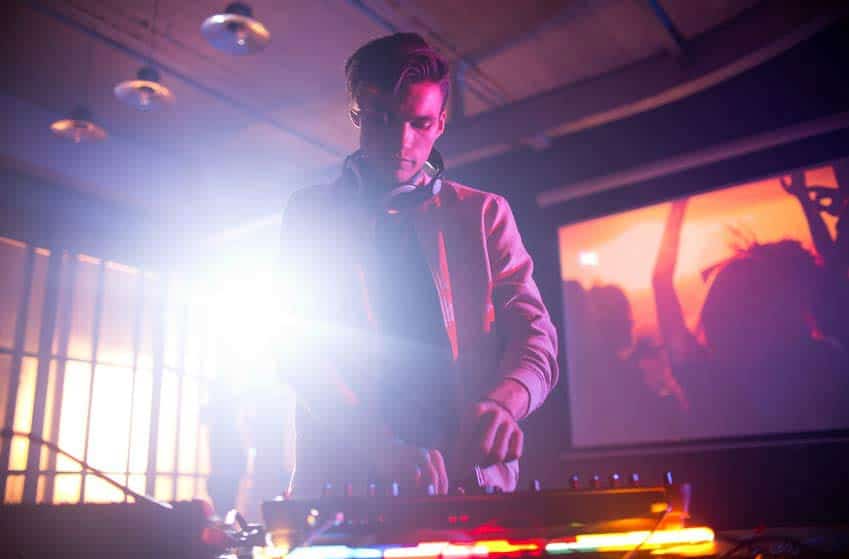It may seem like being a sought-after DJ is all about the music, but its not . . . at least not entirely. There is so much more that goes into being a truly great DJ, especially when it comes to performing.
The best of the best don’t just understand what songs work together and how to seamlessly mix one tune into another; they know they are putting on a show when they are in the booth. This matters more than many people might guess.
If you’re either just starting out as a DJ or if you’re considering becoming a DJ, you need to spend some time watching performances of others, not just listening.
If you’re already thinking about DJing out in public as an artist (as opposed to simply creating mixes in the comfort of your bedroom and uploading them online for people to enjoy), you’ve probably already invested an incredible amount of time in listening to and breaking down the mashups, mixes, and playlists constructed by others . . . but have you watched them?
If the answer to that question is no, don’t fret! It’s not something many people think about, and you still have time to catch up and put in the work. Head to YouTube and search various phrases that will not just give you crowd shots of someone DJing on a stage at a festival somewhere, but which will actually give you closeup shots of what the musician is doing with their instruments.
Look for tutorials from others who have come before you. There is a lot out there that can be helpful, you just need to track it all down and dedicate the time to viewing.
